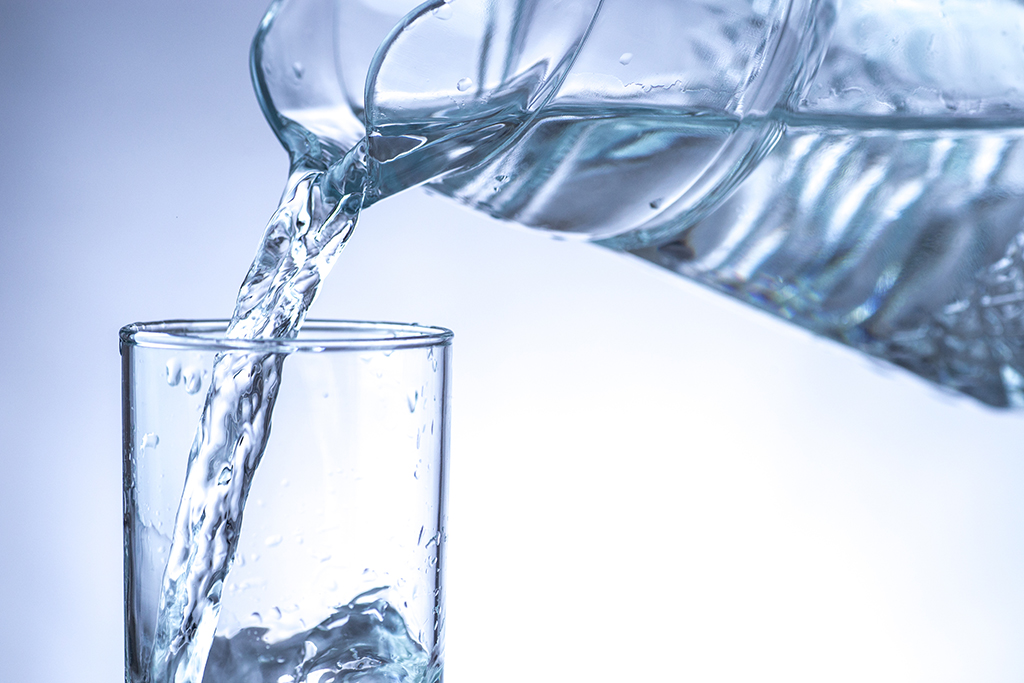
Point-of-Entry VS Point-of-Use Water Filtration Systems | Conway, SC
Thanks to the Environmental Protection Agency, the United States has one of the safest water supplies in the world. So why, then, do you need to filter it? Because the water could still contain some chemicals and other pollutants.
At the very least, tap water contains chlorine to kill bacteria and other organisms. Metal pipes carrying water around your house can also affect its quality. So, what type of filtration system does your home in Conway, SC need?
Even though there are hundreds of different models in the market, water filtration systems are mainly divided into point-of-entry and point-of-use systems. Read on to learn about each unit, its pros and cons, and which is best for you.
What Is a Point-of-Entry Water Filter?
Point-of-entry water filtration systems are installed in the main water line before the water is distributed in the home. It serves every outlet point of your home, from the kitchen to the bathroom to the water heater and washing machine.
That’s why they are also called whole-house filtration systems. They remove sediments, odors, and contaminants and provide clean water suitable for general use.
This water filtration system is usually installed to soften hard water and remove chlorine that makes the water taste bad. It is typically large and can filter significant amounts of water in a short amount of time.
Point-of-entry water filtration systems are durable and easy to maintain, as their filters only need to be replaced every five to seven years.
Advantages of a Point-of-Entry System
- It ensures that all water in your house is treated.
- It is easy to maintain.
- It can process large amounts of water at a time.
- It is durable.
- It helps protect a home’s plumbing from contaminants that can clog or corrode pipes.
Disadvantages of a Point-of-Entry System
- It is expensive.
- It does not eliminate all contaminants, meaning the water is not necessarily safe for drinking.
- It has to be installed by a licensed plumber.
What Is a Point-of-Use Water Filter?
Point-of-use water filtration systems are usually installed in the kitchen and bathroom as a separate faucet, under the sink or as a shower attachment. Some also come as tabletop pitchers.
The purpose of these systems is to provide pure water for drinking and cooking. In addition to removing all the contaminants that a point-of-entry system removes, some point-of-use filters can also eliminate microorganisms like bacteria and viruses.
Point-of-use water filtration systems are usually smaller but convenient. They take longer to purify water because they typically contain several filters, making the process more complicated.
You must replace the filters every three to six months and, in some models, once a year. The types of point-of-use water filtration systems include carbon filters and reverse osmosis systems.
Advantages of a Point-of-Use System
- It is convenient and can be installed where needed.
- It provides high-quality drinking water.
- It does not cost a lot.
- Some models do not require installation.
Disadvantages of a Point-of-Use System
- It needs to be regularly maintained.
- Running costs can become expensive over time.
- It takes time to filter water.
- It can only serve one point or faucet.
- It cannot hold large amounts of water.
Which Unit Is Best for You?
Before you decide on a filtration system for your home in Conway, SC, you should get your water tested by a state-certified laboratory or your local health department. The report will show you what types of contaminants are in your water. This way, you’ll know what filter will best address those issues.
Apart from that, there are other things you will need to consider. A point-of-use system will be the best option if you are on a tight budget. You’ll get clean water for cooking and drinking. It is also a good option if you are renting a house or apartment and can’t change the plumbing system.
If you rely on bottled water for drinking purposes, point-of-use water filtration systems can provide much cleaner drinking water. Studies have shown that bottled water is just nicely packaged tap water that has been treated a little. And when you think of the tons of plastic bottles that plague the environment, point-of-use water filters can help you do your part in saving the planet.
Even though more expensive, a whole-house filtration system will provide better-quality water for all points of use, even for watering your lawn. A point-of-entry system is a good idea if you live in a place with hard water, as hard water can irritate skin and damage plumbing.
The best option is to install point-of-entry and point-of-use water filtration systems. This will ensure you get quality water wherever you need it. If you want to avoid buying several water filters, some whole-house filtration systems do the job of both. This is also a good option for homeowners dependent on well water, as the EPA does not regulate private wells.
Have More Questions? Call Benjamin Franklin Plumbing of Myrtle Beach
If you need help determining which water filter system is good for you, we can help. At Benjamin Franklin Plumbing of Myrtle Beach, SC, we’ve been installing and servicing water filtration systems for many years. We have what you need if you want a whole-house water filtration system or an under-the-sink filter.
Our water treatment services include water testing, system installations, repairs, and regular maintenance. Apart from that, our customers in Conway, SC also benefit from our excellent plumbing services.
We do residential and commercial plumbing repairs, install plumbing fixtures, perform drain cleaning, service water heaters, and detect water leaks. In short, we cover all your plumbing needs. Even on weekends and during holidays, our 24/7 emergency plumbers will take care of any plumbing disaster. Call Benjamin Franklin Plumbing of Myrtle Beach today.

 843.582.0670
843.582.0670